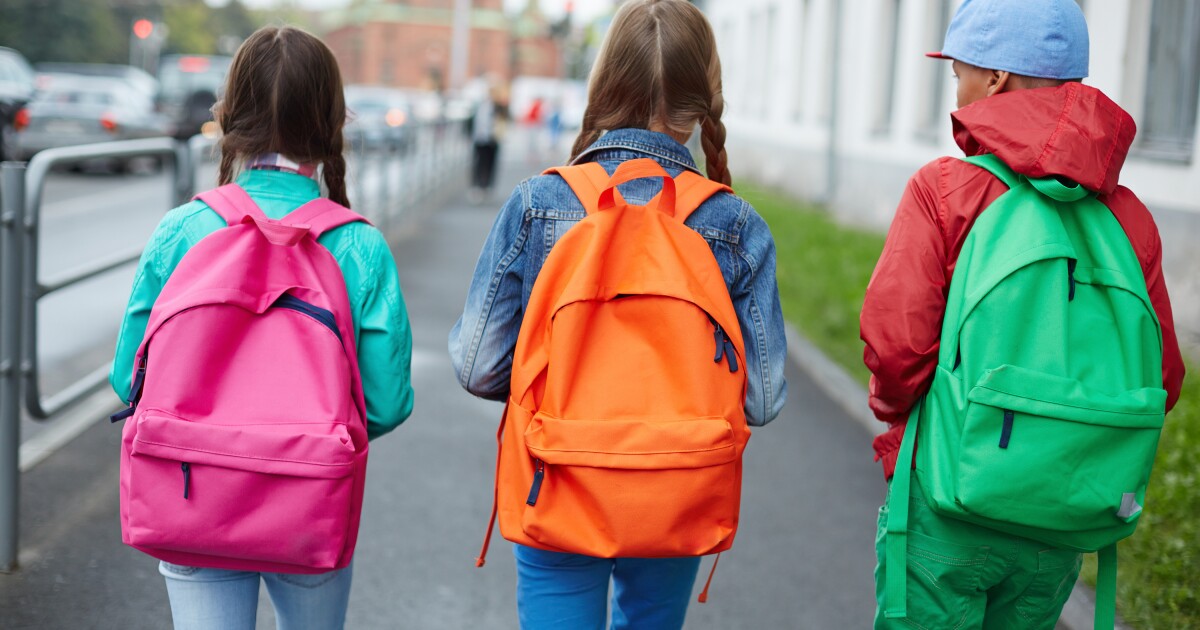The day after Labor Day traditionally marks the start of the new school year for Michigan schools. However, this year brings some changes that have drawn mixed reactions.
Michigan’s 1.4 million public school students will continue to receive free breakfast and lunch through the Michigan School Meals program, regardless of their family’s financial situation. This initiative ensures that all public school students, from preschool through 12th grade, eat free. The state has stated that this can result in an estimated savings of $850 per child per year.
As part of the program, which started in the 2023-2024 school year, more than 76.3 million breakfasts and 135.6 million lunches have now been served, according to the state Department of Education.
However, not all new school policies are greeted with the same enthusiasm.
Inspired by the nationwide spread of cell phone bans in schools, some schools in Michigan are following suit. The Northville School District is one of them.
Dr. RJ Webber, superintendent of Northville Public Schools, spearheaded this new policy. “Just last year, our elementary school principals realized that the smartwatches were becoming a bit of a problem in the K-5 band range,” explains Webber. “So our board made the decision and switched to K-8 this year. And at the high school, there are policies in place to prevent kids from leaving the classroom with their phones.”
The goal of this arrangement is to ensure that students remain focused during class, but some parents are concerned and want to be able to reach their children at any time. Webber assures them that they can still do so using the phones available in each classroom by contacting the school office.
In emergencies, some parents worry they won’t be able to reach their children quickly. Webber says that concern may be overblown. “Our schools are so focused on keeping our children safe,” he says, adding that phones can actually complicate efforts to maintain safety in emergencies. “…the kids who have had phones have been texting with their parents, the flow of communication and information is very, very erratic and often incorrect. And that, I would argue, has actually complicated our efforts to keep children safe.”
The policy is currently being tested in grades K-8 before being implemented for high school students.

